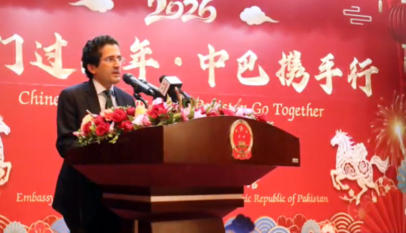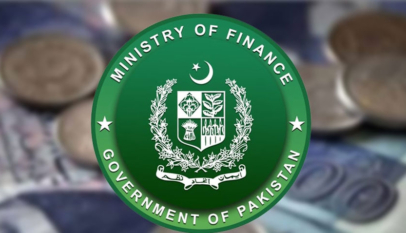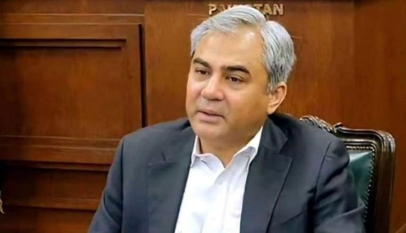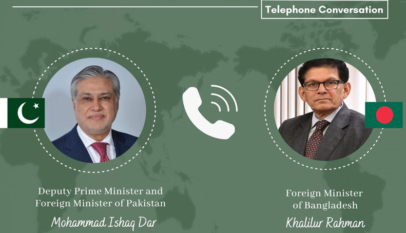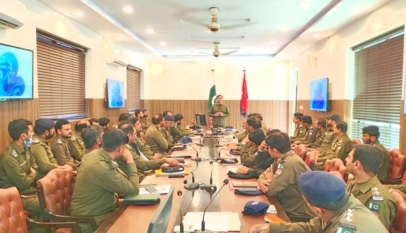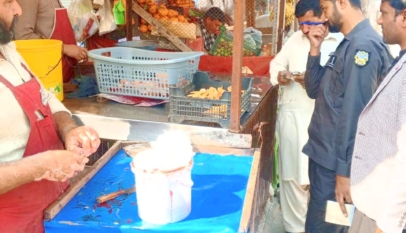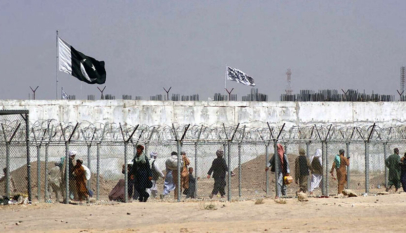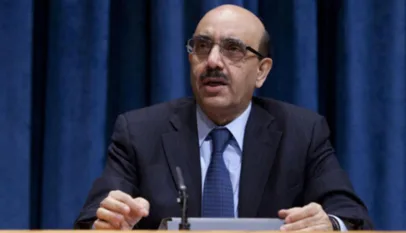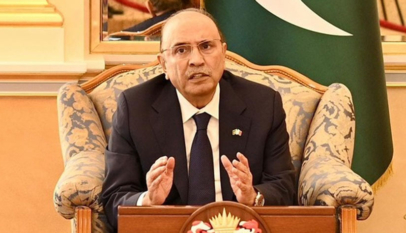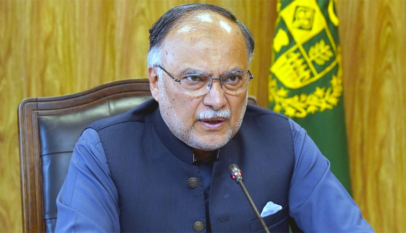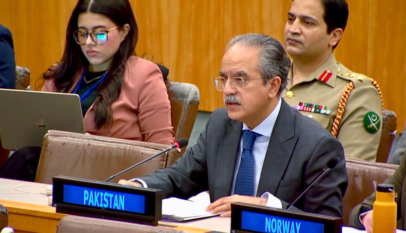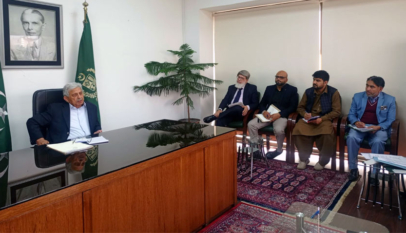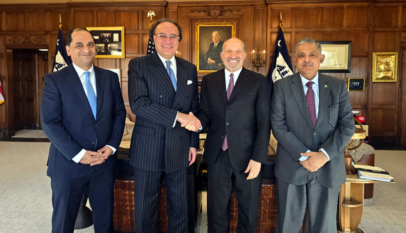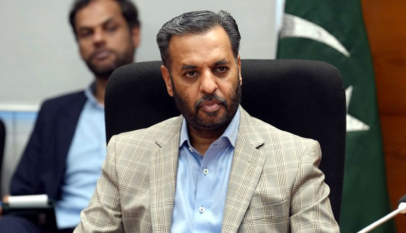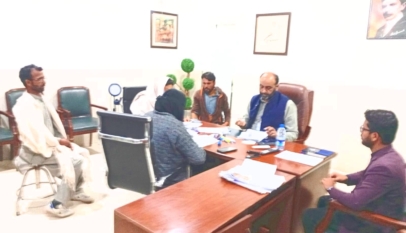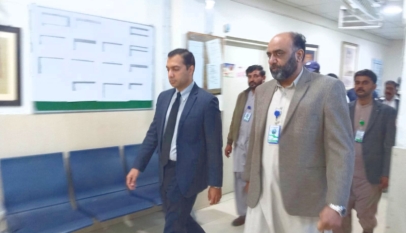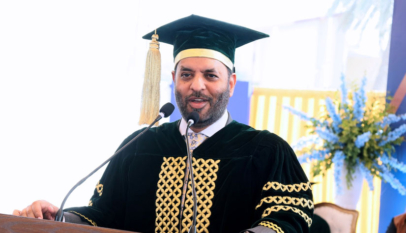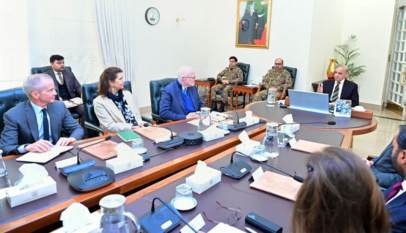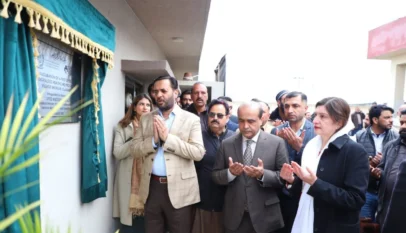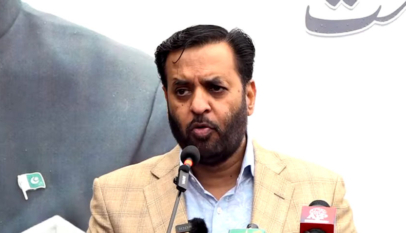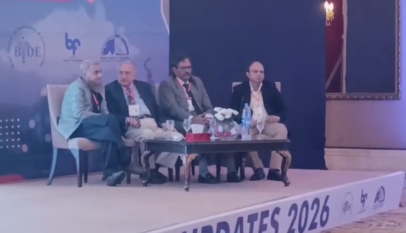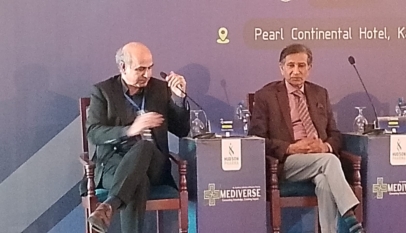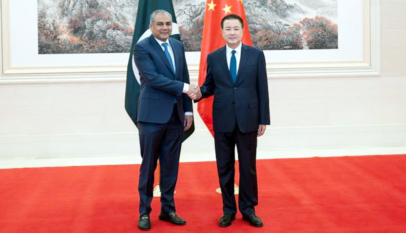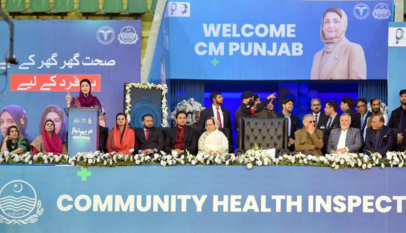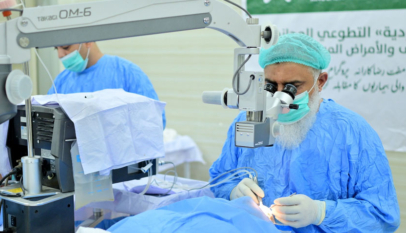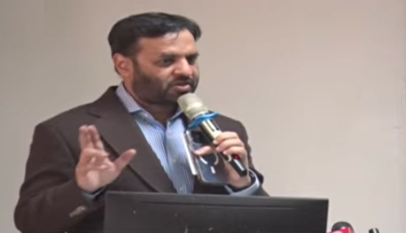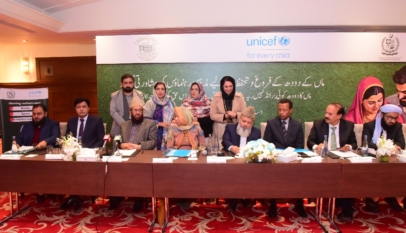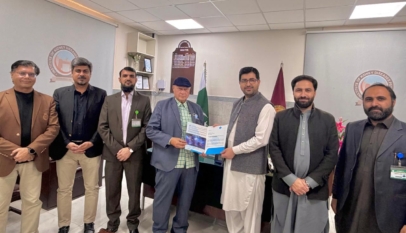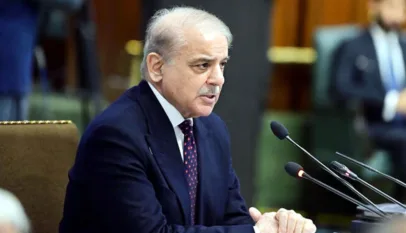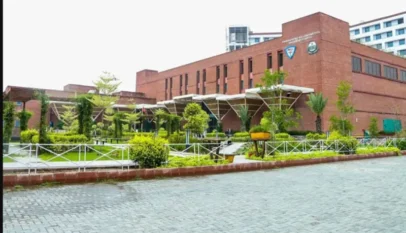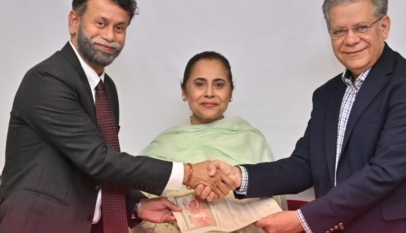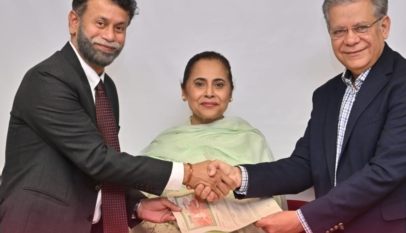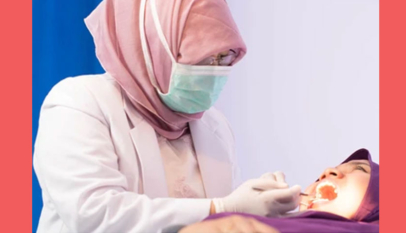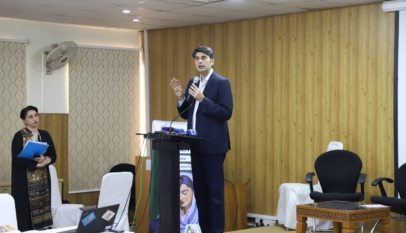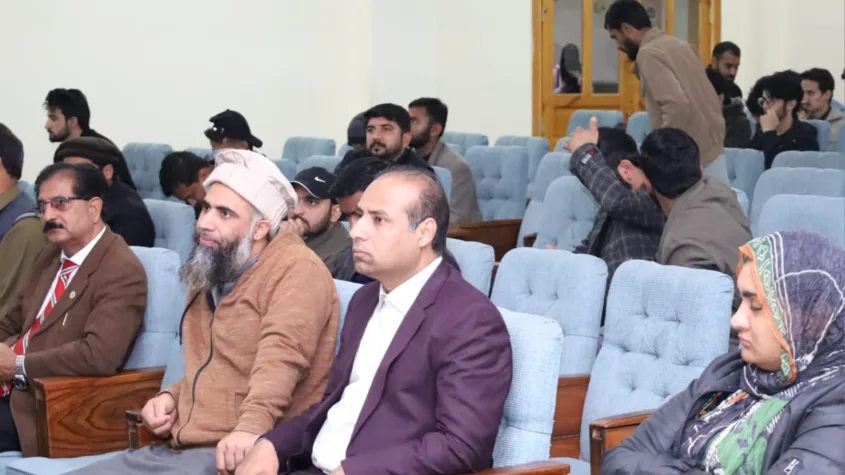
The spread of non-communicable diseases, which has become a big problem in the world as well as in Pakistan, is one of the major reasons for this is unhealthy food, which contains excess sugar, salt and trans-fat. We will have to work on a war footing to prevent them. Ultra-processed foods are a major cause of the spread of non-communicable diseases, their excessive consumption has greatly increased the risks of cardiovascular diseases, diabetes, obesity, blood pressure, cancer and other life-threatening conditions. Sweetened beverages, dairy desserts, candies, and baked goods are the main sources of sugar in our diet, which are very harmful to health. These products, which are devoid of essential nutrients and fiber, deprive our body of the components that are important for optimal health. An awareness session was organized by the Pakistan National Heart Association (PANAH) at the University Of Haripur (UOH) in Haripur to engage the youth in the campaign to prevent unhealthy food.
Addressing the session, Mr. Sanaullah Ghumman, General Secretary of PAHAN, stressed the need to take urgent steps to combat the consumption of Ultra-processed products. Citing the International Diabetes Federation, he revealed that diabetes and its complications kill about 1,100 people in Pakistan every day. Unhealthy diets play a major role in heart diseases, obesity, diabetes, kidney failure, and other fatal non-communicable diseases. He said that the high content of sugar, sodium and trans-fats in ultra-processed foods as the major reason behind these preventable deaths. He highlighted the crucial role of youth in combating NCDs, noting that nearly 70 percent of Pakistan’s population consists of youth who can play a vital role in saving Pakistan from the scourge of non-communicable diseases. PANAH is committed to empowering youth with the knowledge, tools and opportunities to lead healthy lifestyles and effective public health policies. PANAH has launched Youth Lead Programme in universities across the country.
Mr. Abdul Hafeez, Technical Advisor PANAH and former Commissioner Income Tax, highlighted the objective of organizing this session and said that PANAH has been working since 1984 to save our countrymen from this epidemic and PANAH is developing a youth force comprising students from all universities of Pakistan and its main objective is to develop various best practice proposals that can be implemented to control non-communicable diseases in the country.
As part of these efforts, PANAH shared essential international research data and successful policies on diseases with students at the University of Haripur, equipping them with practical strategies to raise awareness about the dangers of ultra-processed foods. Students were asked to share their concepts with PANAH on how they could effectively present their message. PANAH will provide the necessary funding to the students to implement good proposals.





